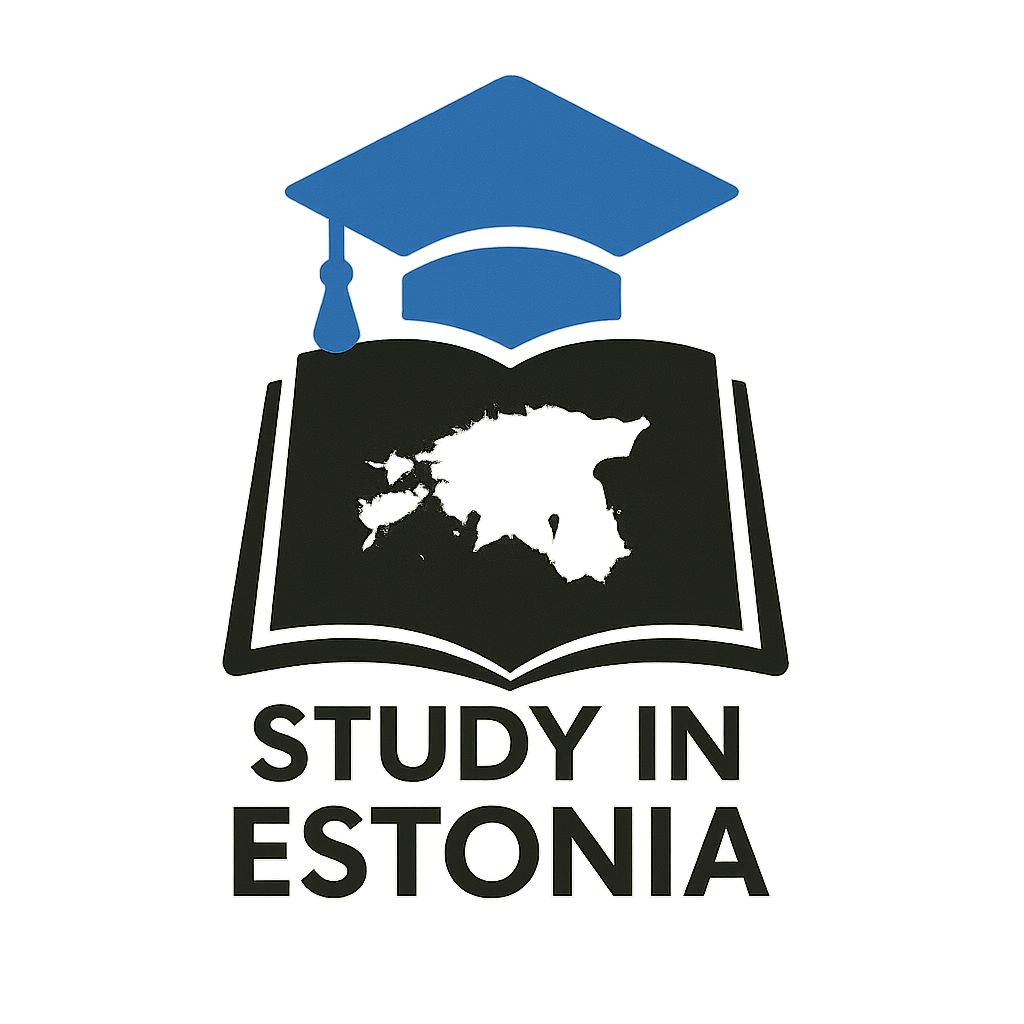Overcoming Challenges as an International Student in Estonia
Language as a Gateway to Integration
Academic and Institutional Support
Balancing Work and Study
Academic Completion Rates
Conclusion
Navigating Loneliness and Building Community
Many international students find the first months in Estonia to be lonely, as the culture and environment can feel unfamiliar. Here are practical steps to mitigate feelings of isolation:
1. Embrace Solitude
- Self-Reflection: Use this time to reflect on your experiences and aspirations. Journaling or meditating can enhance self-awareness and personal growth.
- Cultural Exploration: Take time to explore your surroundings. Familiarizing yourself with local landmarks and customs can transform unfamiliar streets into a welcoming environment.
2. Join Student Organizations
- Connect with Peers: Engage with local and international student groups. Organizations often host events and activities that enable students to meet new friends.
- Volunteer: Get involved with community service or local initiatives. This not only helps others but creates meaningful connections.
3. Participate in Campus Events
- Social Integration: Attend university events, such as cultural nights, orientation programs, and workshops. These are excellent opportunities to meet fellow students and socialize, making the transition smoother.
Language as a Gateway to Integration
While most international students study in English-language programs, learning Estonian can significantly enhance the integration experience.
1. Language Learning
- Basic Estonian: Even a basic understanding of Estonian can facilitate everyday interactions and cultural appreciation.
- Language Classes: Consider enrolling in language courses offered by universities or community centers. These classes can provide a structured approach to learning the language and connecting with local teachers.
2. Social Opportunities
- Conversational Partnerships: Engage with native speakers through language exchange programs. This will help improve your language skills and also offer insights into local culture.
- Constant Practice: Use Estonian in daily conversations, such as ordering food or asking for directions. The more you practice, the more confident you will become.
Academic and Institutional Support
Adapting to different teaching styles and academic expectations requires flexibility and the willingness to seek help when necessary.
1. Utilize Academic Resources
- Student Advisors: Take advantage of academic advising resources available at Estonian universities. They can guide course selection and academic pathways.
- Orientation Programs: Attend orientation sessions specifically tailored for international students. These programs often cover essential topics, including academic expectations and available support services.
2. Engage Proactively
- Office Hours: Don’t hesitate to approach professors during their office hours for additional help or clarification on course material.
- Peer Support Groups: Explore forming or joining study groups for shared learning experiences. Collaborating with peers can strengthen understanding and retention of course content.
Balancing Work and Study
A significant portion of international students (56%) in Estonia work while studying. Managing both responsibilities can be demanding but is achievable with proper planning.
1. Time Management
- Set Priorities: Establish a study schedule that allocates specific time blocks for work and academics. This will help in managing deadlines effectively.
- Utilize Technology: Leverage productivity tools and apps to keep track of assignments, deadlines, and work hours.
2. Leverage Career Services
- Career Counselors: Connect with university career services for job placement assistance and guidance in balancing work and academic duties.
- Flexible Job Opportunities: Seek part-time work opportunities that offer flexible hours, allowing you to prioritize academics without sacrificing financial independence.
Academic Completion Rates
Completing an academic program is crucial, yet about ten percent of international students do not complete their courses every year in Estonia.
1. Enhance Persistence
- Early Action: If you encounter challenges, seek help immediately. Early intervention can make a significant difference in overcoming academic difficulties.
- Build Networks: Foster relationships with classmates and professors, as strong connections can provide additional support during challenging times.
2. Maintain Engagement
- Stay Informed: Keep yourself updated on course requirements, deadlines, and university announcements to avoid unnecessary surprises.
- Involvement in Extracurricular Activities: Engaging in clubs and organizations can provide a break from academics and also enrich the overall student experience.
Summary Table: Key Challenges & Solutions
| Challenge | Suggested Approach |
|---|---|
| Loneliness & Cultural Adjustment | Join student communities, explore local culture, embrace solitude as a growth opportunity |
| Language Barrier | Learn basic Estonian for daily life and integration; consider language courses |
| Academic Adjustment | Seek academic support, attend orientation, and engage proactively with faculty and advisors |
| Work-Study Balance | Plan time carefully, utilize university career resources, communicate with employers |
| Risk of Not Graduating | Build academic networks, address issues early, and access support services as needed |
Conclusion
International students in Estonia can overcome challenges by actively seeking community, investing in language learning, accessing institutional resources, and managing their academic and work commitments. With persistence and support, Estonia can become not just a place to study, but also a place to belong.
Take the Next Step with Study in Estonia
Ready to begin your journey as an international student in Estonia? Explore further by checking out the following:

